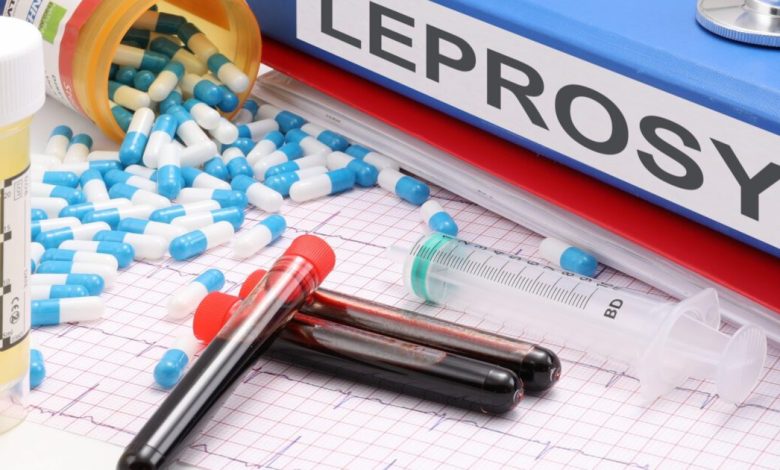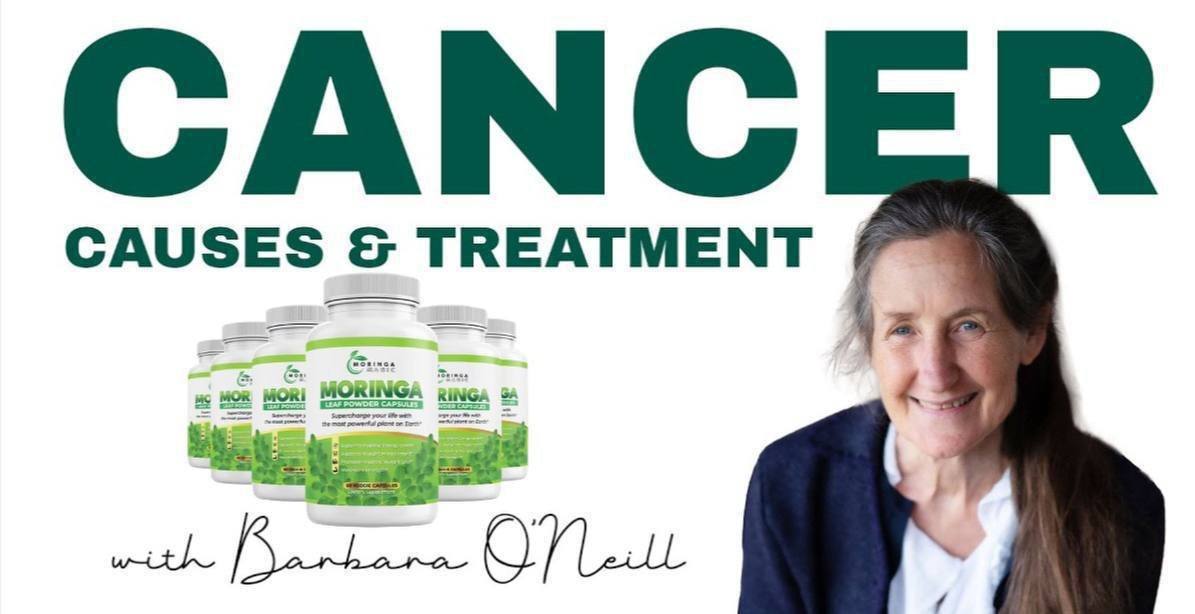Culprit For Leprosy Rise Revealed?

U.S. Centers for Disease Control and Prevention (CDC) saying “cases of leprosy have increased in Florida and some health officials think the ancient disease may be endemic in the state.”
The report, published in the CDC’s Emerging Infectious Diseases journal, states Florida has “witnessed an increased incidence of leprosy cases lacking traditional risk factors.”
“Those trends, in addition to decreasing diagnoses in foreign-born persons, contribute to rising evidence that leprosy has become endemic in the southeastern United States,” the report reads.
“Leprosy, or Hansen disease, is a chronic infectious disease caused by the acid-fast rod Mycobacterium leprae. Leprosy primarily affects the skin and peripheral nervous system, and disease course is largely dependent on individual susceptibility to M. leprae,” the report states.
After digging deeper, a plausible theory for the rise of leprosy cases has presented itself.
We may need to thank the experimental injection given to billions of people.
There is a growing number of leprosy cases being reported after COVID-19 inoculation.
The vaccine fanatics demanded that the unvaccinated be treated like Lepers.
Now Leprosy is added to adverse effects from the Covid injections.https://t.co/dVxwlltQUb
— Craig Kelly (@CKellyUAP) August 10, 2023
— Dr. Lynn Fynn-derella🐭 (@Fynnderella1) August 5, 2023
“Amongst various vaccine‐related adverse effects, leprosy reactions have sparse mention in the literature limited to mere case reports and case series. We report a series of four cases of Hansen’s disease with leprosy reactions spanning across the entire spectrum after being administered the vaccine from a leprosy care centre in India,” an NIH publication titled, ‘A spectrum of leprosy reactions triggered by Covid‐19 vaccination: a series of four cases’ states.
From the NIH National Library of Medicine:
Of the four cases included in the series, three were borderline tuberculoid (BT) leprosy while one was of borderline lepromatous (BL) pole of the Ridley–Jopling classification. Of the three BT leprosy cases, two were released from treatment (RFT) after completing 6 months and one year of MDT, respectively. Two kinds of vaccines were administered, covishield (Recombinant ChAdOx1‐S) vaccine manufactured by the serum institute of India and covaxin (the whole virion inactivated vaccine NIV‐2020‐770 strain) by Bharat biotech, India. The BL leprosy case was administered covaxin while the other three cases were given covishield. The duration between the administration of the vaccine and the onset of leprosy reactions ranged from 5 to 11 days. The clinical profile of the cases was varied, and precipitation of the entire spectrum of leprosy reactions was noted which included cutaneous type I reaction, ulnar nerve neuritis, median nerve neuritis with nerve abscess and type II reaction in the form of necrotic erythema nodosum leprosum (ENL). The diagnosis was established with corroborating radiological and histopathological findings in a background of characteristic clinical presentation.
— Kevin McKernan (@Kevin_McKernan) August 7, 2023
“The authors from the United Kingdom conducted a retrospective cohort study to examine the anti-SARS-CoV-2 vaccination status of individuals who were diagnosed with leprosy and attended in 2021 the Leprosy Clinic at the Hospital for Tropical Diseases, London, UK, a national referral center in the UK for tropical and infectious diseases,” DiscoverMedNews wrote.
“They also examined whether any of these individuals had developed leprosy or experienced a new leprosy reaction within the 12 weeks following the anri-SARS-CoV-2 vaccination. They presented two cases who met the criteria for a new leprosy adverse events associated with BNT162b2 anti-SARS-CoV-2 vaccine.”
DiscoverMedNews reports:
The authors conducted a retrospective cohort study to examine the anti-SARS-CoV-2 vaccination status of individuals who were diagnosed with leprosy and attended in 2021 the Leprosy Clinic. They also examined whether any of these individuals had developed leprosy or experienced a new leprosy reaction within the 12 weeks following the anti-SARS-CoV-2 vaccine. The electronic patient records were used to obtain data.
A leprosy associated adverse event was defined as the onset of leprosy or a leprosy reaction, and/or neuritis, within 12 weeks following the administration of a dose of anti-SARS-CoV-2 vaccine in an individual with no previous history of leprosy or a leprosy reaction and/or neuritis and who had not received treatment for a leprosy reaction and/or neuritis within the previous 12 weeks.
In the year 2021, 52 individuals with leprosy attended the clinic, of which 5 individuals were newly diagnosed with leprosy. 37 individuals (71%) were male, the median age was 48.5 years (range 27–85 years).
“‘The development of BT leprosy and a Type 1 reaction in another individual shortly after a dose of BNT162b2 vaccine may be associated with vaccine mediated T cell responses,’ the researchers said.
The COVID-19 vaccines can provoke a response from white blood cells, or T cells.… pic.twitter.com/FkZxlwrkEd
— Chief Nerd (@TheChiefNerd) August 10, 2023
The Epoch Times highlighted other cases:
At least 14 other cases of leprosy or a leprosy reaction within 14 days of COVID-19 vaccination have been reported in the literature, including eight in India. The patients were all said to have eventually recovered, and some received additional vaccine doses.
In a paper published in 2021, Brazilian researchers reported two leprosy reactions called erythema nodosum leprosum after COVID-19 vaccination. They said that doctors “need to be made aware of the occurrence of erythema nodosum leprosum that may appear in patients that are vaccinated” and “have to look for the signals of active leprosy in these patients for a possible diagnose of a new case of leprosy, relapse, or reinfection.”
In December 2021, Singaporean researchers reported a new leprosy diagnosis following COVID-19 vaccination and said the problem was “likely unmasked by the COVID-19 vaccine.”
Also in 2021, Indonesian researchers reported a patient who suffered a reaction after COVID-19 vaccination.
In January 2022, Indian researchers reported one leprosy reaction and said doctors should keep reactions in mind when seeing patients presenting with neurological complications.
In March 2022, Israeli researchers reported a reaction and said early diagnosis and treatment were important.
In a case series published in 2022, Indian researchers reported four men who experienced leprosy or a reaction within 11 days of COVID-19 vaccination. The researchers said that the “sheer versatility of clinical presentation of leprosy reactions following COVID‐19 vaccination warrants further large‐scale molecular studies.”
In another paper from 2022, a different set of researchers reported that three of 35 patients who visited their clinic from July 2021 to December 2021 experienced a leprosy complication or a reaction shortly after receiving a COVID-19 vaccine.



